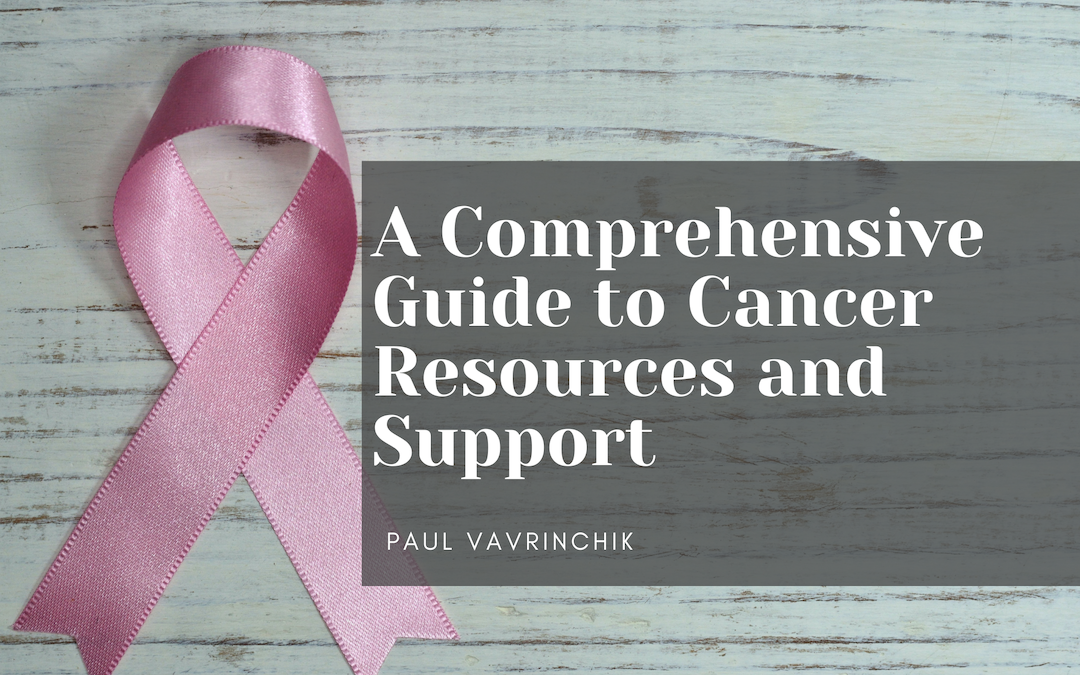A cancer diagnosis can be an overwhelming experience for the patient and their loved ones. Access to reliable information, supportive communities, and specialized resources becomes invaluable in this challenging journey. This guide aims to shed light on the diverse range of cancer resources and support available to help individuals navigate this difficult time.
Online Information Portals: The digital age has brought abundant online resources that offer accurate and up-to-date information about various types of cancer, treatment options, clinical trials, and more. Reputable websites and databases, such as the American Cancer Society, Mayo Clinic, and National Cancer Institute, provide trustworthy information that can empower patients to make informed decisions about their care.
Support Organizations: National and international cancer support organizations offer a lifeline to individuals and families with cancer diagnoses. These organizations provide various services, including educational materials, emotional support hotlines, peer-to-peer mentoring, financial assistance programs, and connections to local support groups. Examples include the Cancer Support Community and CancerCare.
Local Support Groups: Joining local support groups can provide a sense of community and understanding that’s hard to find elsewhere. These groups bring together individuals facing similar challenges, allowing for shared experiences, advice, and emotional support. Whether in-person or virtual, support groups create a safe space to share concerns and triumphs.
Counseling and Therapy Services: The emotional toll of cancer can be immense, and seeking professional counseling or therapy is crucial. Many cancer centers offer counseling services specifically tailored to the unique emotional challenges that patients and their families may encounter during treatment and recovery.
Financial Assistance: Cancer treatment can lead to financial strain due to medical expenses and potentially reduced income. Numerous organizations offer financial assistance programs to help ease this burden, covering treatment, transportation, housing, and more costs.
Nutritional Guidance: Proper nutrition plays a significant role in supporting cancer patient’s overall well-being and recovery. Registered dietitians and nutritionists can offer tailored advice to help manage side effects, maintain a healthy weight, and ensure proper nourishment.
Alternative and Complementary Therapies: Therapies like acupuncture, massage, and yoga can provide physical and emotional relief during and after cancer treatment. Integrating these therapies into a comprehensive care plan can add to the quality of life and promote well-being.
Patient Advocacy: Patient advocacy organizations are vital in raising awareness about cancer-related issues, influencing policy changes, and supporting research efforts. Becoming involved with such organizations can give individuals a platform to share their experiences.
In conclusion, the cancer journey is complex, but a wealth of resources and support systems exist to guide individuals through every stage. From online information to local support groups, counseling services, and patient advocacy organizations, these resources provide a network of care that ensures patients and their families never have to face cancer alone.

